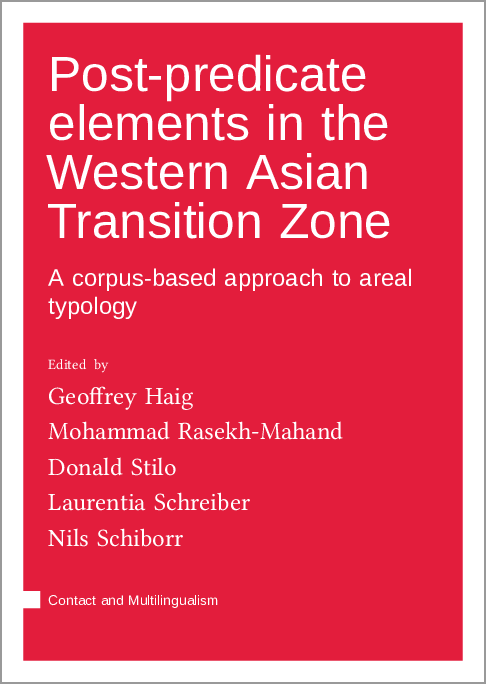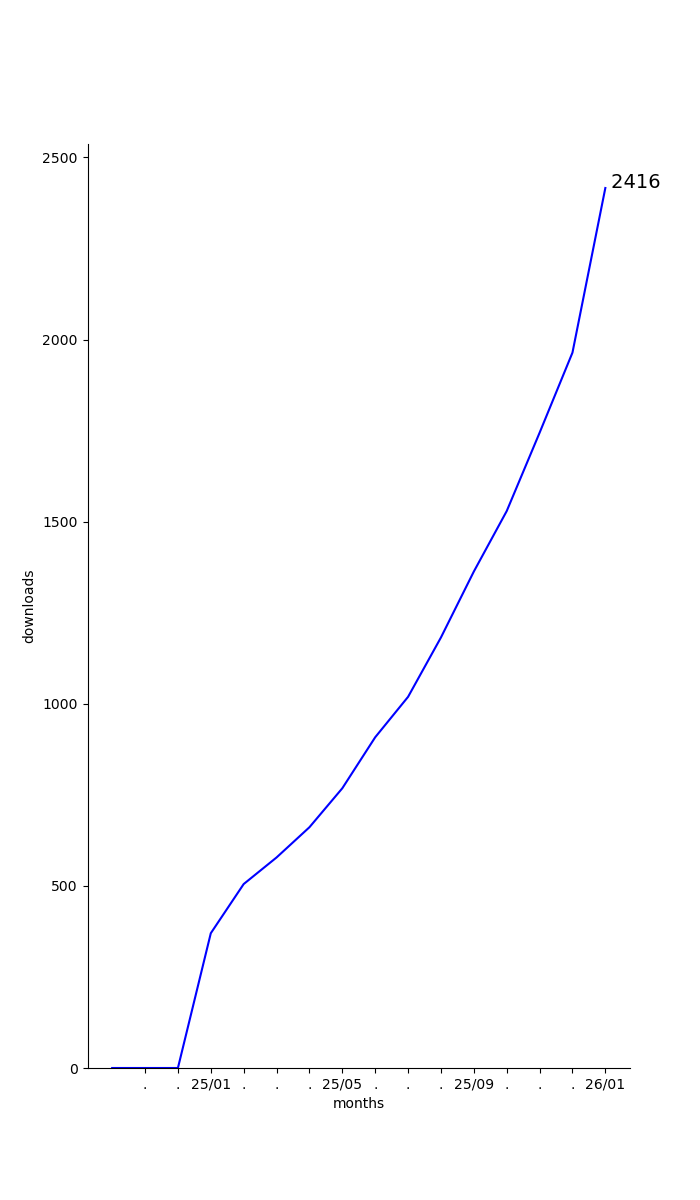We log anonymous usage statistics. Please read the privacy information for details.
Post-predicate elements in the Western Asian Transition Zone: A corpus-based approach to areal typology
Synopsis
This volume explores word-order phenomena across a phylogenetically diverse sample of languages covering a region loosely referred to as the Western Asian Transition Zone, approximately corresponding to western Iran, northern Iraq, eastern Turkey and the Caucasus. The sample includes representatives from four branches of Indo-European (Iranian, Hellenic, Armenian, Indo-Aryan) as well as Turkic, Semitic, Kartvelian, Northwest Caucasian and Northeast Caucasian. Methodologically, we apply a corpus-based approach to word-order, building on two purpose-built and fully accessible data-bases of spoken language corpora, WOWA (Word Order in Western Asia), and HamBam (Hamedan-Bamberg Corpus of Contemporary Spoken Persian). The majority of the languages are historically OV, yet exhibit high rates of post-verbal elements, and these constitute the primary focus of the volume. One of the major findings is the importance of semantic role in determining pre- versus post-verbal placement of clausal constituents: We identify a consistent bias towards post-verbal placement of spatial Goals, which is amplified by increasing areal proximity to the VO languages of the southwestern periphery of the region (Semitic). In the languages in and adjacent to the Caucasus, on the other hand, we find stronger effects of information structure in triggering post-verbal position. Along with contributions on individual languages and varieties, the volume includes an overview chapter outlining the theoretical background and the data sources, summary chapters on sub-regions, as well as contributions from an experimental and psycholinguistic perspective.
Chapters
-
Post-predicate elements in the Western Asian Transition ZoneData, theory, and methods
-
Word order in the speech of Kurmanji-Turkish bilinguals
-
Post-predicate prosody in OV languages
-
BalochiA cross-dialect investigation of post-verbal elements
-
Notes on word order in Bashkardi
-
Kholosi
-
Post-predicate elements in Modern colloquial PersianA multifactorial analysis
-
Post-predicate elements in Early New Persian (10–13th Century CE)
-
Zagros regionThe Kurdish-Gorani continuum
-
Post-predicate elements in Kartvelian and East Caucasian
-
Post-predicate elements in Adyghe
-
Word order and post-predicate elements in Romeyka
-
Post-predicate arguments in Modern Eastern Armenian
-
Khuzestani Arabic
-
Neo-Aramaic in Iran and northeastern Iraq
-
Arabic and Aramaic in eastern Anatolia




